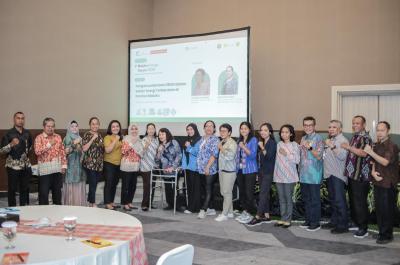
During the Side Event of the 1st Maluku Energy Forum 2024, the NZMATES held a workshop on Mainstreaming GEDSI (Gender Equality, Disability, and Social Inclusion) in the Renewable Energy Sector in Maluku Province on Thursday, 21 November 2024. The workshop aimed to raise awareness about the importance of GEDSI mainstreaming in the renewable energy sector. It is hoped that the workshop will help develop strategies to promote GEDSI among various stakeholders and foster networks and collaborative actions between the government, state-owned and regional enterprises (BUMN/BUMD), and civil society organisations (CSOs) to support GEDSI integration in the renewable energy sector.
The workshop, attended by NZMATES key partners, the private sector, communities, and NGOs, featured materials delivered through various methods, including presentations, group work, and panel discussions. The sessions were facilitated by Daniella Loupatty, a coordinator and women's activist from Yayasan Walang Perempuan, and Marie de Fretes, a Monitoring, Evaluation, and Learning (MEL) Specialist and GEDSI Focal Point for the NZMATES Program at Mercy Corps Indonesia. All participants showed great enthusiasm throughout the sessions.
This workshop is significant because, beyond access to energy, women and vulnerable groups still face limited opportunities to participate and benefit from the energy sector, particularly renewable energy. For instance, women often feel isolated in male-dominated environments and are subjected to stereotypes suggesting that technical roles are unsuitable for them. At the grassroots level, similar challenges exist. In areas that uphold traditional or patriarchal norms, women are often confined to domestic roles.
Social constructs that position technical work as a male domain and domestic work as solely a woman's responsibility restrict women from voicing their opinions. Yet, in daily life, domestic tasks—closely associated with women—require energy, making women both energy managers and consumers at the household level. Similar challenges are faced by other socially vulnerable groups, particularly persons with disabilities
